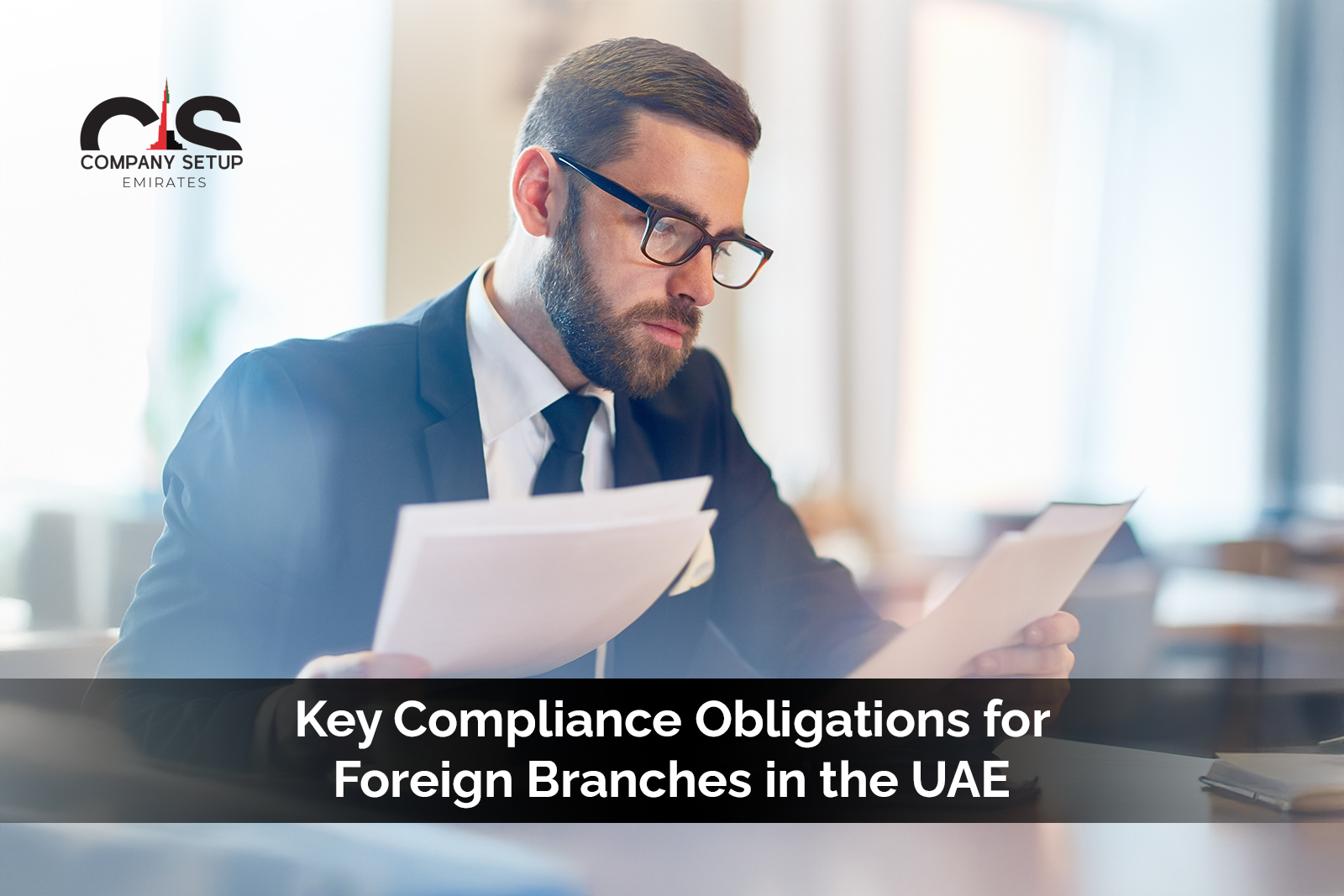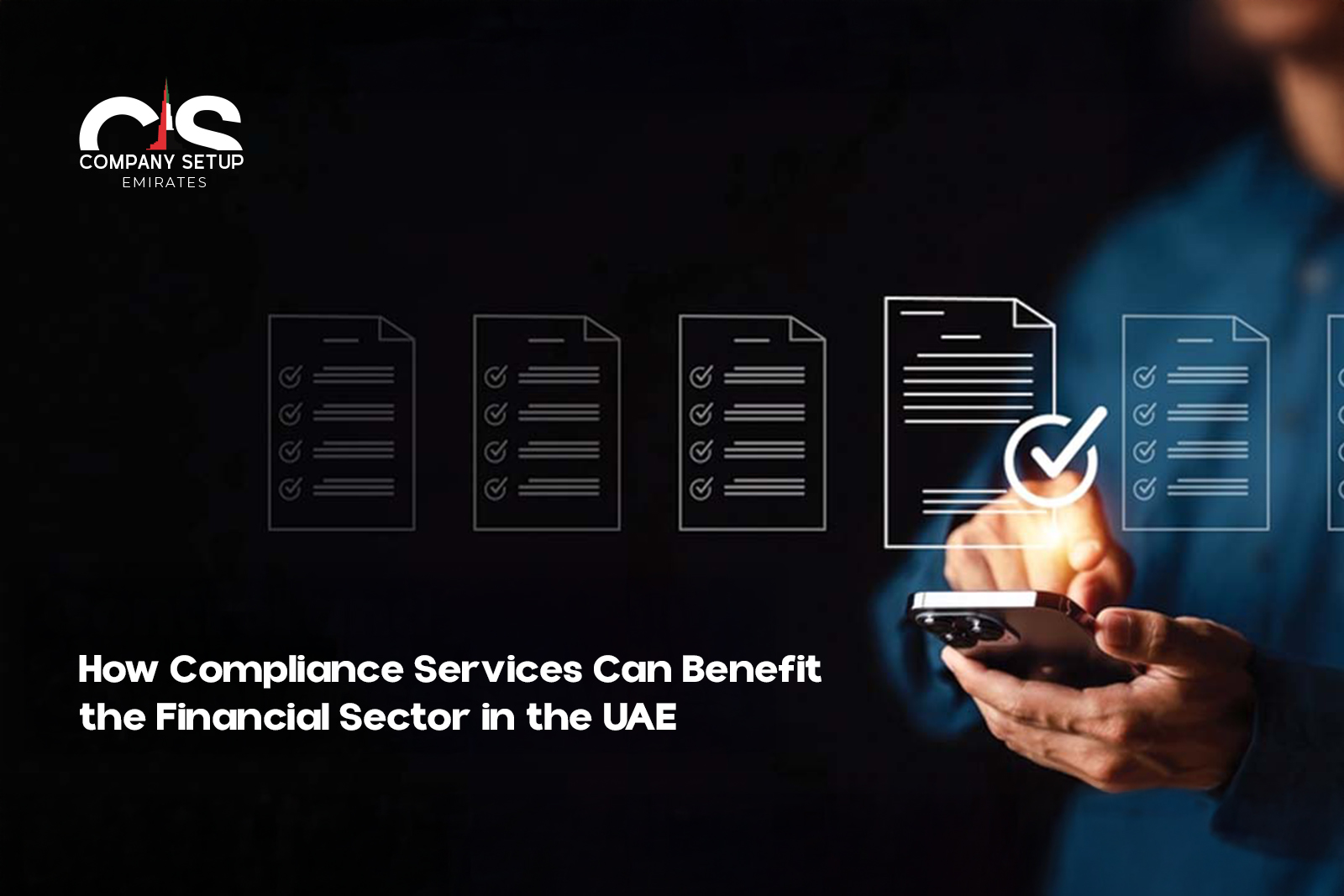The real estate sector in Dubai plays a key role in shaping the city’s economy. From high-end apartments to large commercial hubs, Dubai’s property market has always attracted global interest. However, the introduction of VAT (Value Added Tax) in 2018 brought several changes that both buyers and sellers had to understand.
For many property investors, questions such as “Will VAT increase property costs?” or “Do landlords need to register for VAT?” became common. These are valid concerns, and the answers can impact financial decisions in a big way. This blog explains how VAT affects the property industry and what it means for various stakeholders.
Whether you’re planning to invest, sell, or rent out properties, understanding VAT laws is important. By learning how VAT applies to different property types and how it influences cash flow, you can make smarter financial choices and avoid unwanted surprises.

What is VAT, and how does it affect the Property Market in Dubai
VAT, or Value Added Tax, is a 5% tax added to most goods and services in the UAE, including some areas of real estate. But how it applies depends on the type of property involved. Residential properties are usually VAT-free or zero-rated when sold for the first time within three years of completion. On the other hand, commercial properties are always subject to VAT.
This has changed the way people approach deals in the property business. Developers, landlords, and brokers must now factor VAT into their pricing, contracts, and financial planning. If not handled properly, VAT could lead to confusion, legal issues, or loss of profit.
Understanding VAT in the Real Estate Sector in Dubai
Since 2018, the 5% VAT has affected the real estate sector in Dubai in many ways. The government made clear rules to define which transactions are taxable and which are not. Residential properties, especially first-time sales of new homes, are either zero-rated or exempt. However, commercial property deals are always taxable.
This separation has a big effect on how buyers and sellers behave. Developers plan their projects based on VAT rules, and investors think twice before investing in properties that come with VAT charges.
Key Areas of Impact
- 1. Residential vs. Commercial Property
Residential sales and leases are mostly exempt from VAT, which encourages people to buy homes. Commercial properties, on the other hand, include a 5% VAT in every sale or lease, which adds to the total cost.
- 2. VAT Registration and Compliance
If a real estate business earns over AED 375,000 in taxable income yearly, it must register for VAT. This includes brokers, developers, and landlords involved in commercial properties. Keeping accurate records and filing on time is important to avoid fines.
- 3. Rise in Operational Costs
Businesses now need stronger accounting systems and staff who understand VAT rules. This results in added costs and pressure on working capital. For small and mid-sized developers, this can cause stress on day-to-day operations.
VAT Impact on Cash Flow
One of the biggest issues is the VAT impact on cash flow. For example, developers must pay VAT upfront when buying goods or hiring services, but can only claim input tax later. This creates a delay between cash outflow and refund, affecting overall liquidity.
Contractors and service providers also add VAT to their charges. So, when these costs add up, the VAT impact on cash flow becomes more serious, especially for companies working on large projects. If clients delay payments, this can lead to more strain on finances.
Pro Tips for Managing VAT in Real Estate
- Keep records organized: Save all bills and documents related to VAT payments and collections.
- Use VAT-compliant software: Choose software that helps you track VAT accurately and file returns easily.
- Talk to tax experts: VAT rules can change; expert advice ensures you’re always compliant.
- Review contracts carefully: Mention VAT amounts and responsibilities in every contract.
Staying Updated on Dubai's Real Estate VAT Policies
Dubai’s tax laws can be updated from time to time. So, developers and property agents must stay aware of new announcements from the Federal Tax Authority (FTA). Being informed helps avoid mistakes and makes planning easier.
Proper planning ensures that VAT-related costs are included in the overall budget. This applies to everything from buying land to selling or renting finished buildings. It also improves financial clarity and keeps operations running smoothly.
FAQs
How does VAT apply to the real estate sector in Dubai?
VAT in the real estate sector in Dubai applies mainly to commercial properties, where 5% VAT is charged. Residential properties are usually exempt or zero-rated, depending on the situation. Knowing this helps investors and developers make smart decisions.
Do landlords need to register for VAT in the UAE?
Yes, landlords must register if their income from taxable activities crosses AED 375,000 per year. This applies mainly to commercial property rentals or services.
Are real estate agents required to charge VAT on their services?
Yes, agents must add 5% VAT on commissions and other billable services once they cross the registration threshold.
Can I claim input VAT on construction costs?
Yes, VAT-registered businesses can claim input VAT on services and materials used in commercial developments.
What happens if VAT is filed late by a property business?
Late filing results in penalties. That’s why it’s important to follow FTA deadlines and maintain accurate records.
Conclusion
VAT has changed the game for the real estate sector in Dubai. While the rules may seem complex at first, understanding them can prevent legal and financial issues. From extra paperwork to the VAT impact on cash flow, businesses must plan carefully.






